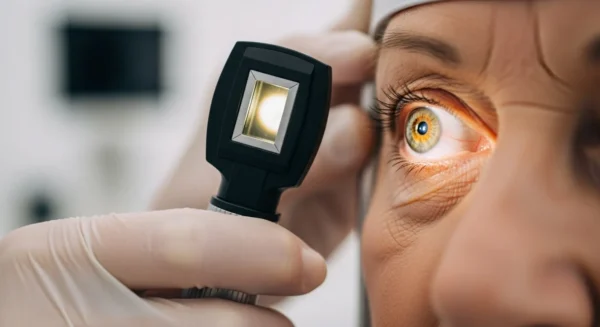
Key Signs It’s Time to Consult a Doctor
While the exercises and tips in this guide can be very helpful, some balance issues are signs of an underlying medical condition that requires professional attention. It is crucial to see your doctor if you experience any of the following:
- Sudden or severe dizziness or vertigo. A feeling that you or the room is spinning is not normal and should be evaluated promptly.
- Frequent falls or near-falls. If you find yourself stumbling, tripping, or falling more often, it’s a clear sign that you need a medical assessment.
- A new or worsening feeling of unsteadiness. If you suddenly feel wobbly on your feet or the feeling has become more persistent, it’s important to find out why.
- Changes in vision. Blurry vision, double vision, or difficulty seeing in low light can directly impact your balance.
- Numbness, tingling, or weakness in your legs or feet. This can affect your ability to feel the ground properly, a condition known as peripheral neuropathy.
- Needing to hold onto walls or furniture to walk around your home. This indicates a significant loss of confidence in your balance and should be discussed with a healthcare provider.
These symptoms could be related to a variety of issues, including inner ear problems, medication side effects, neurological conditions, or cardiovascular issues. Only a doctor can provide an accurate diagnosis and create a safe treatment plan for you.















